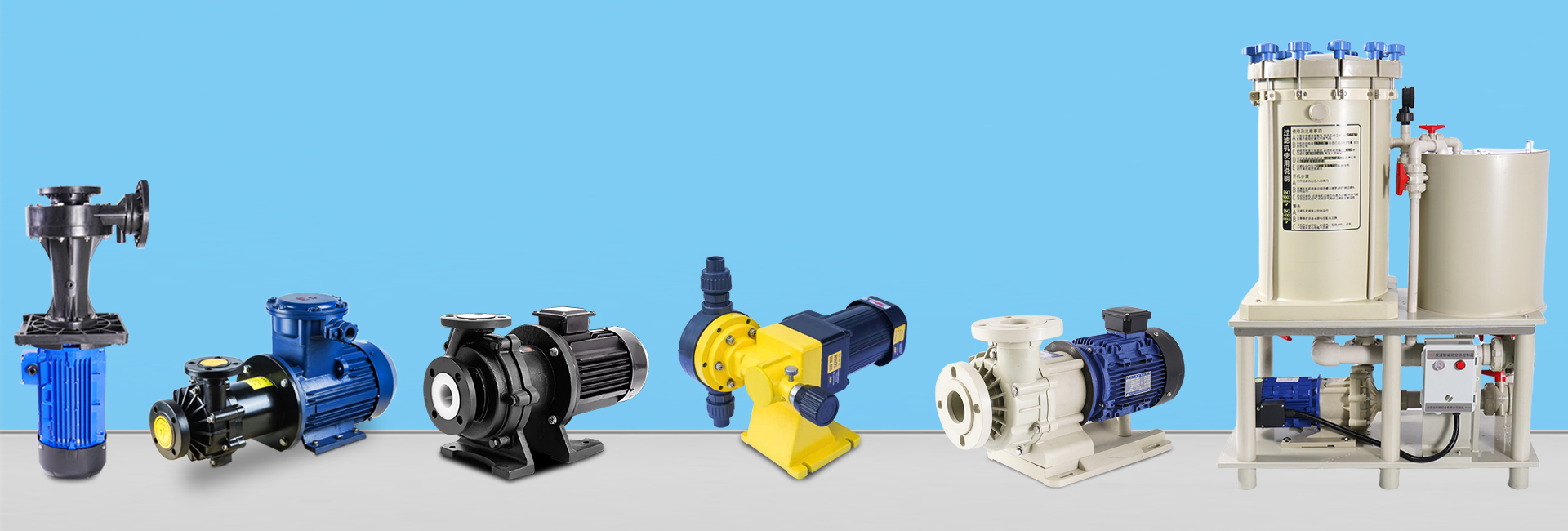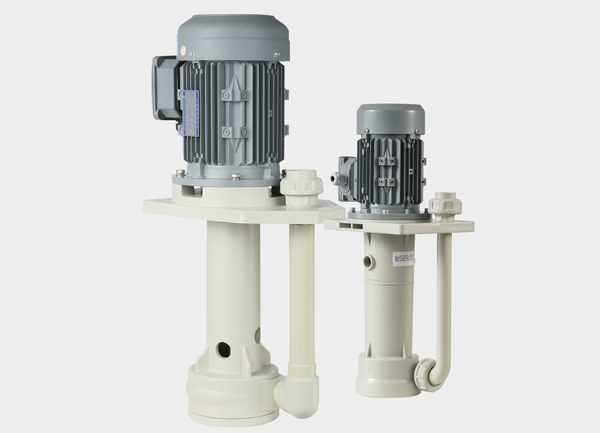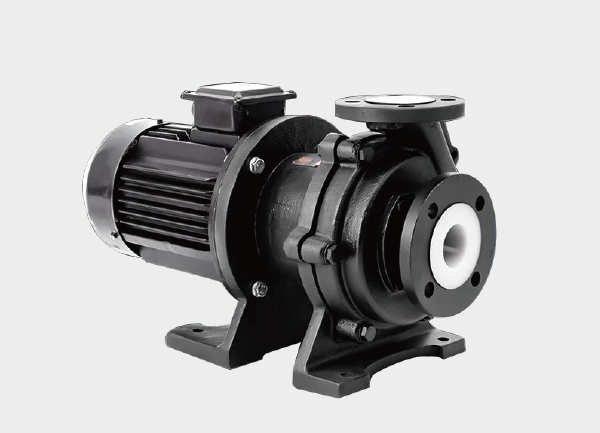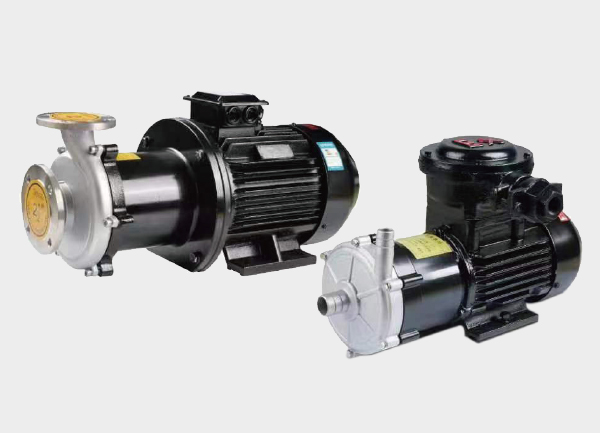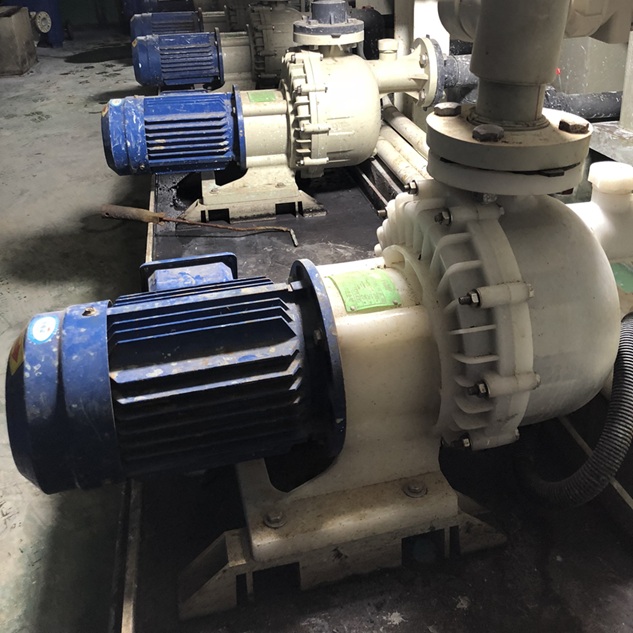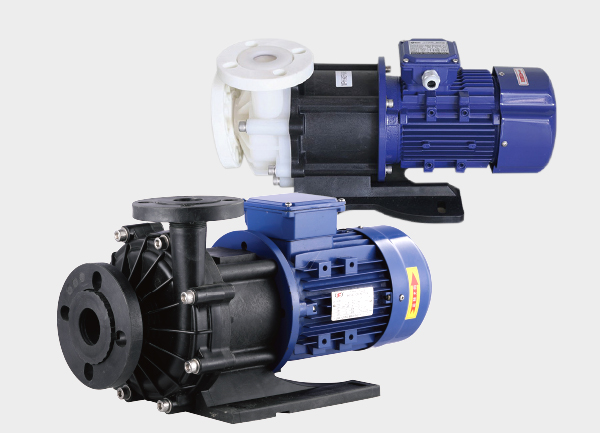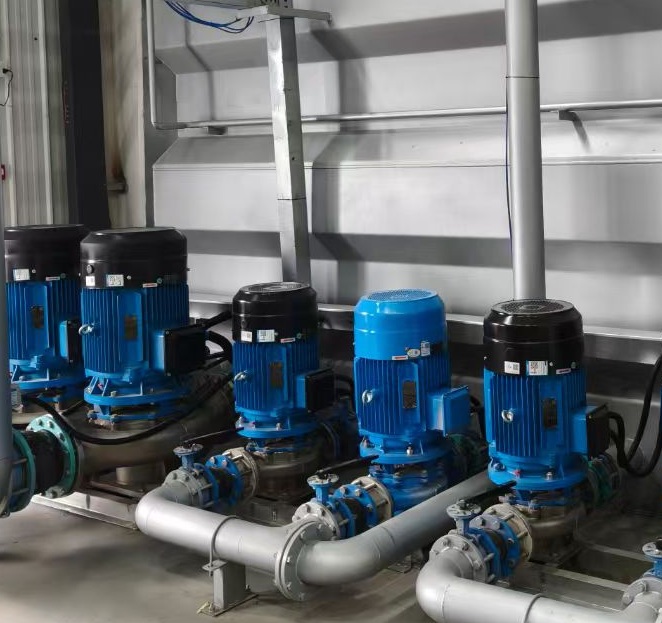1. Overview of Centrifugal Pumps
A centrifugal pump is a type of fluid-handling equipment that uses the rotation of an impeller to generate centrifugal force and transfer liquids. Its simple structure, wide flow range, and high efficiency make it one of the most commonly used pumps in industrial applications. Centrifugal pumps are widely used in chemical, environmental, pharmaceutical, and power industries, especially for transporting water or low-viscosity liquids.
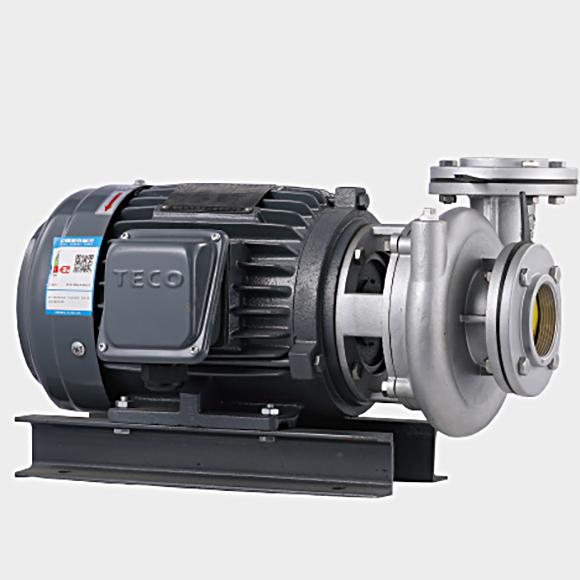
2. Types of Centrifugal Pumps
Centrifugal pumps come in various designs depending on structure and application:
Vertical Centrifugal Pump (vertical centrifugal pump / vertical pump centrifugal)
Features: Compact footprint, ideal for limited-space installations.
Applications: Submerged operation, deep tank pumping, chemical fluid transfer.
Horizontal Centrifugal Pump (horizontal centrifugal pump)
Features: Compact and easy to maintain.
Applications: Water treatment plants, industrial circulation systems, boiler feed water.
Self-Priming Centrifugal Pump (self priming centrifugal pump)
Features: Can automatically prime without external water supply, suitable for intermittent pumping.
Applications: Drainage, irrigation, small industrial circulation systems.
Stainless Steel Centrifugal Pump (stainless steel centrifugal pump / centrifugal pump stainless)
Features: Corrosion-resistant, high-temperature tolerance, suitable for acidic, alkaline, or high-purity liquids.
Applications: Chemical, food, and pharmaceutical industries.
Submersible Centrifugal Pump (submersible centrifugal pump)
Features: Fully submerged operation prevents cavitation and ensures reliable pumping.
Applications: Drainage, wastewater treatment, mining.
Magnetic Drive Centrifugal Pump (magnetic drive centrifugal pump)
Features: Seal-less design, zero leakage, high safety for hazardous liquids.
Applications: Chemicals, toxic liquids, laboratory precision applications.
3. Industrial Applications
Centrifugal pumps have extensive industrial uses:
Industrial Circulation Systems: Transport cooling and heating water efficiently.
Chemical Fluid Transfer: Corrosion-resistant stainless steel pumps handle acids, bases, and other corrosive liquids.
Wastewater Treatment: Self-priming and submersible pumps provide high-efficiency drainage.
Food & Pharmaceuticals: Magnetic drive and stainless steel pumps maintain fluid purity and hygiene standards.
4. Selection Guidelines for Centrifugal Pumps
Key factors to consider when selecting a pump:
Flow Rate and Head: Match the pump model to the required flow and liquid height.
Liquid Properties: Viscosity, corrosiveness, and particulate content determine materials and design.
Installation Type: Vertical or horizontal, submerged or above-ground.
Efficiency & Energy Saving: Choose high-efficiency impellers and appropriate speeds to reduce energy consumption.
Brand and Supplier: Reliable centrifugal pump suppliers and industrial centrifugal pump manufacturers ensure quality and after-sales service.
5. Pricing and Procurement Reference
Centrifugal pump price varies by material, structure, and flow capacity:
Small self-priming pumps: a few hundred to a few thousand RMB.
Industrial stainless steel or magnetic drive pumps: tens of thousands of RMB or more.
When purchasing, focus on performance parameters and real operating conditions rather than just cost.

